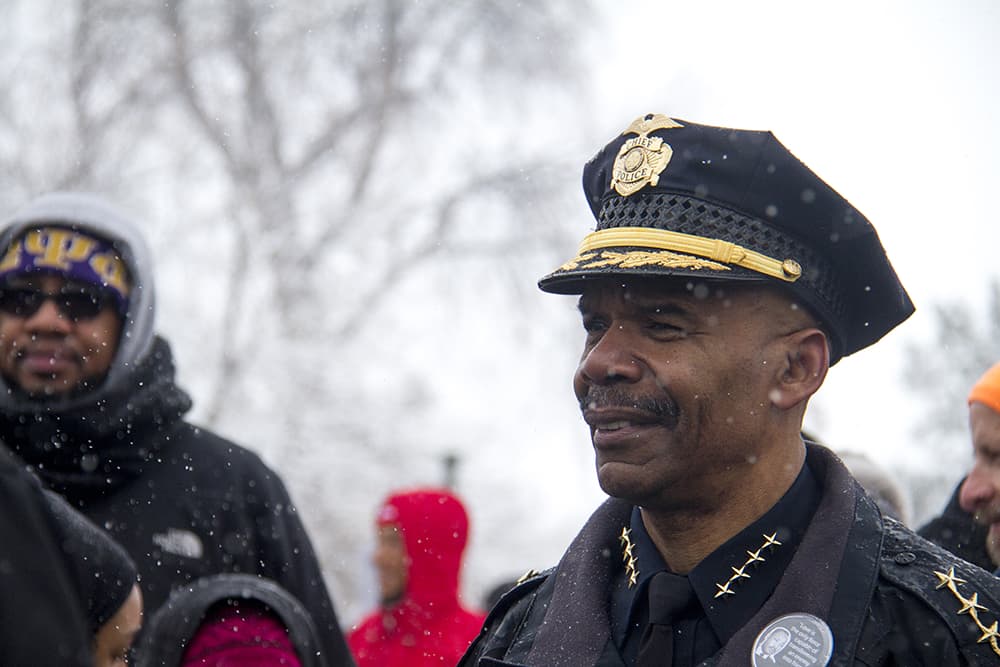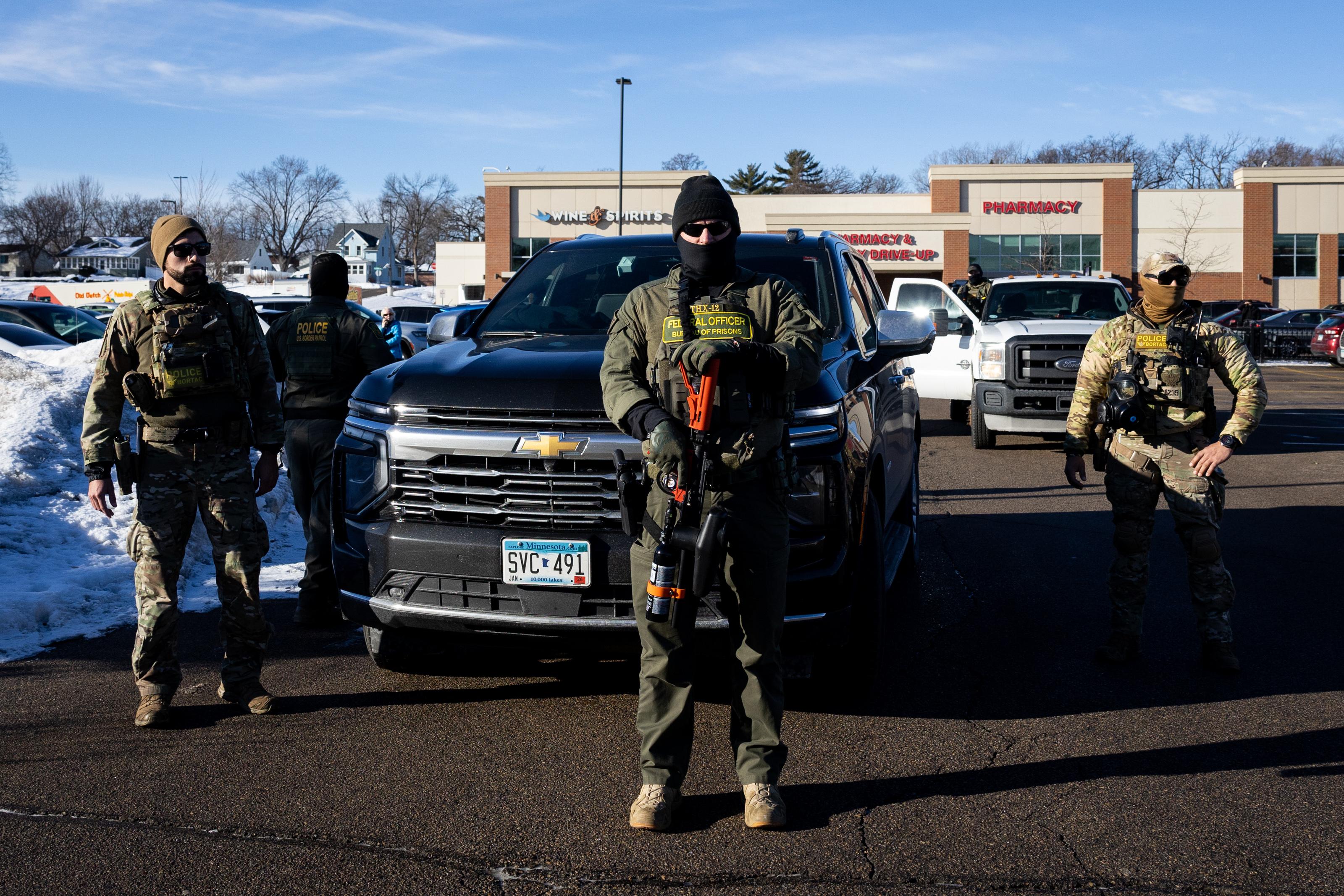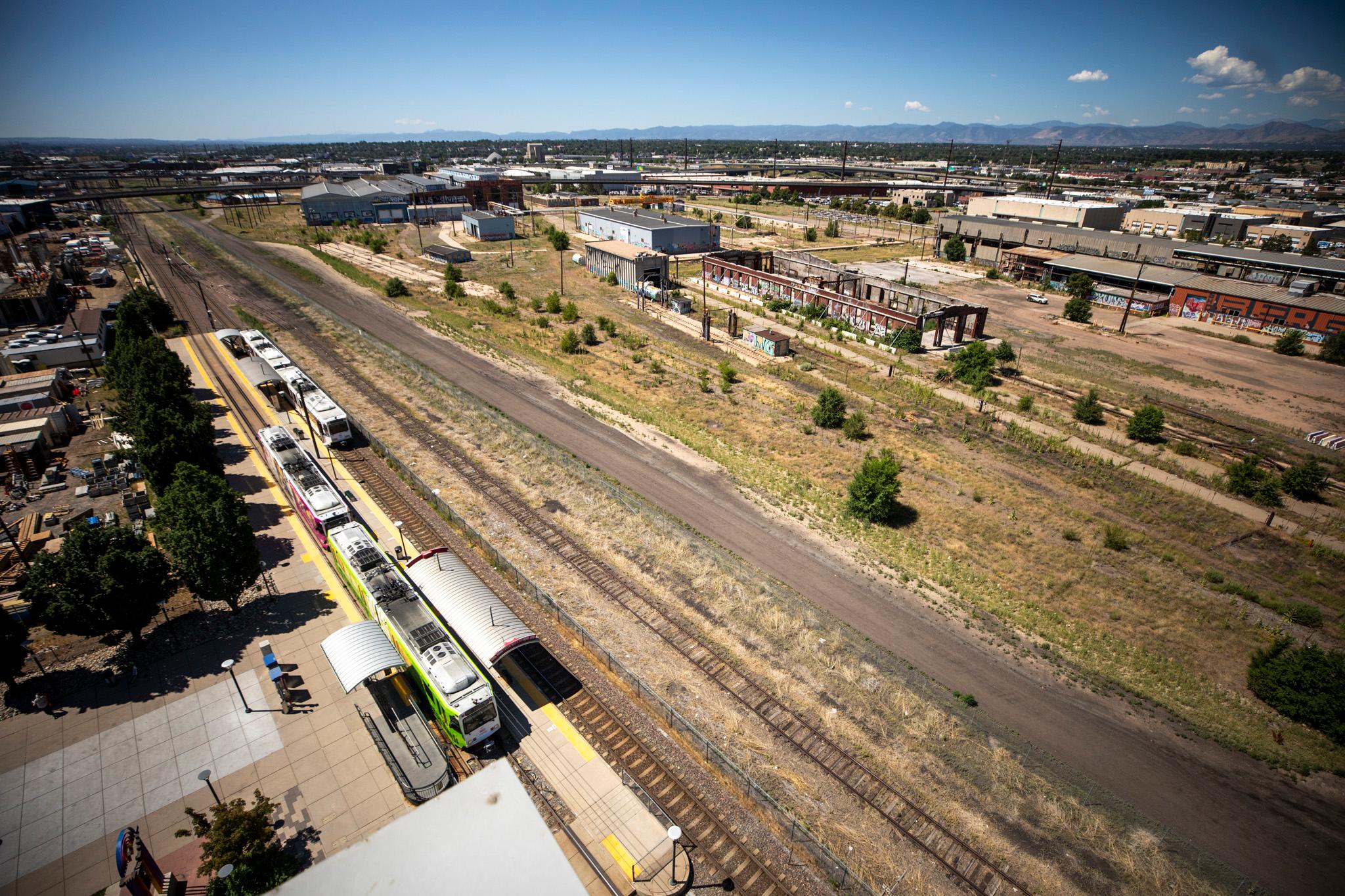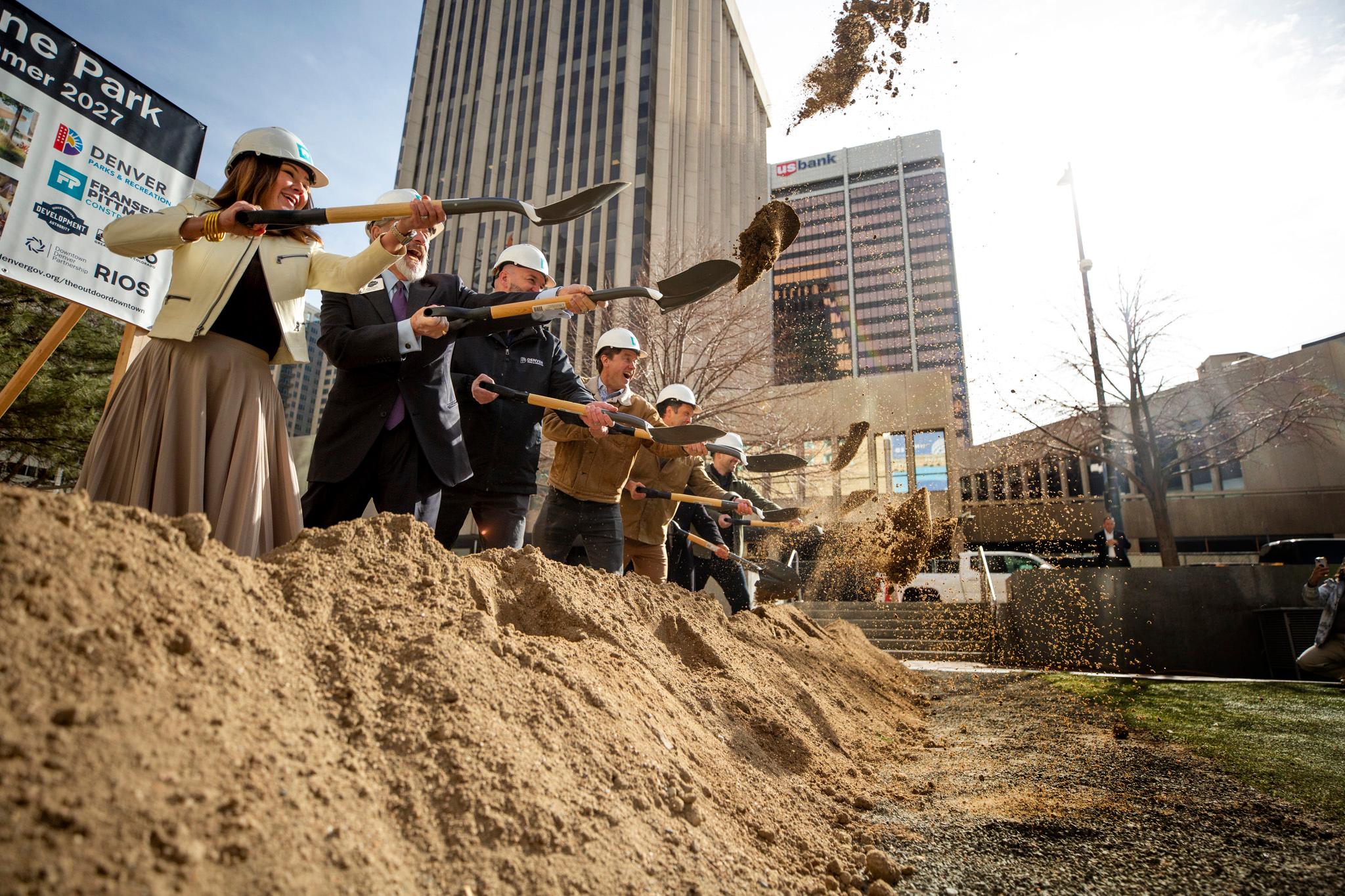
We know one thing about Denver's next police chief: Whoever they are, they already live here.
News emerged this week that Chief Robert White, 65, would retire after more than 40 years in law enforcement, including six years as Denver's chief. Now, the city administration has already announced that they'll hire the next chief from within the department.
"The talent we have here in the city is as good as you find anywhere else in the country," said Troy Riggs, the city's new director of public safety.
The decision to hire internally reflects one of the big challenges of White's tenure: He suffered from poor relations not just with some community advocates but also with hundreds of his own officers and the police union. The question is whether that was an inevitable result of his mission of reform, or a sign of problems with his management style -- or both.
"My sense is that, right from the start, he struggled -- from being an outside chief in an agency that maybe wasn’t as receptive to him," said Lonnie Schaible, an associate professor of criminal justice at the University of Colorado Denver.
"When you’re an outsider, your ideas, even if they’re good, can be discredited. That’s why it can be hard to make a lot of change, even as someone at the top."
White was hired in a contentious time.
Mayor Michael Hancock appointed White late in 2011, hiring him from the Louisville Metro Police Department. Hancock had been elected only months earlier.
At the time, he and his new chief faced growing anger over police officers' use of force, including the beating of Alex Landau in 2009 and killing of 15-year-old Paul Childs in 2003. The death of Marvin Booker in a Denver jail also had galvanized residents for reform of the Denver Sheriff's Department.
"Between 2005 and 2010, I would just say there was just a mountain of excessive-force lawsuits being filed," said Qusair Mohamedbhai, an attorney who represented the family of Jessie Hernandez, a teenager killed by police in 2015.
"There was a time, back then, when officers were just rampantly engaging in excessive force, and there was just no discipline." (In contrast, a study at the time found low levels of unjustified force relative to police departments of similar size, according to Mary Dodge, a criminology professor at CU Denver.)
Riggs said that White was brought on as a reformer -- and that that made for some difficult relationships.
"Chief White, he has a history of being a change agent, of getting departments where they need to be," the safety director told Denverite, adding that those reforms can require changes to "culture and tradition."
He alienated both officers and advocates.
White faced constant criticism from within his own ranks, with the police union and nearly half of all officers taking a vote of "no confidence" against the chief late in 2017. The police union also made the records request that eventually landed White in a scandal.
Dodge, the CU professor, said that relationships soured and logistics went awry as White rearranged staff in his first few months.
"You make change and you communicate why you made that change. As a leader, he did not do that adequately," Dodge said. And those problems culminated this month as Hancock declined to discipline White for his role in a car chase and an unrelated potential violation of records law.
Some community advocates said that White didn't listen to them, either.
White "created a very isolated and distinct police culture — he continued that. It never became more integrated, it never became true community policing," Mohamedbhai said.
Last year, the chief was lambasted for drafting a new use-of-force policy without community input, and for only accepting comments on it by email.
“There is no opportunity for discussion, for asking clarifying questions,” said Lisa Calderón, co-chair of the Colorado Latino Forum, at the time. “There is no dialogue whatsoever.”
But Roshan Bliss, co-founder of the Denver Justice Project, credited the chief for responding and opening up the rest of that process.
"As far as police chiefs go, he was, ... I believe, making a genuine effort to shift the culture inside the Denver Police Department away from one of impunity and, 'Shoot first, ask questions later,'" Bliss said.
What changed?
Residents have complained less about police officers during White's tenure, despite the steady growth of the city. The last three years have brought the lowest numbers of complaints since 2005, according to reports from the Office of the Independent Monitor.
There are also fewer complaints about brutality and other allegations of excessive force. In 2009, just before White arrived, about 22 percent of allegations against police involved the use of force. That figure has dropped steadily, reaching about 10 percent in 2017.
"I do believe that internal affairs and the ability to discipline officers, at least from the DPD side, has improved," Mohamedbhai said.
That change could be credited in part to White's community policing efforts, but also coincides with the rise of body cameras and other surveillance which could encourage better behavior, Dodge said.
White also was able to deliver some wins for officers, according to Jane Prancan, executive director of the Denver Police Foundation.
"I think he was very successful. He always brought programs to us that were very supportive of officers," she said, citing his ability to bring new safety and training equipment to the department.
What will the next chief do?
Denver's previous chief, Gerry Whitman, was similarly promoted from within the department. He held the position for 11 years through three different mayors. He was the longest serving chief in the city's history -- nationwide, most chiefs serve just a few years, according to Schaible.
The idea of returning to an internal hire is a "mixed bag," as Bliss put it.
"To the extent that Chief White was trying to shift the culture of DPD, there were a lot of people who resisted actively that shift in culture," he said, adding that he wasn't speaking for Denver Justice Project.
"It’s a little scary to think that this might actually be an opportunity for DPD to backslide into its worse days because they’re picking someone from the inside," he said, citing union influence as a particular concern. Still, he thinks that a capable leader could emerge from the ranks.
Nick Rogers, the president of the Denver Police Protective Association, said yesterday that he was moving on from his organization's long battle with White.
“I’m hoping that our new chief of police has a tremendous amount of honor, integrity and respect from his or her officers,” he said.
Next, Mayor Hancock will appointed a search committee to identify potential candidates. The search process will include at least four community forums and an email account will be set up to receive community feedback.
Candidates will be advanced to Hancock and Riggs. Ultimately, the decision goes to Hancock.










